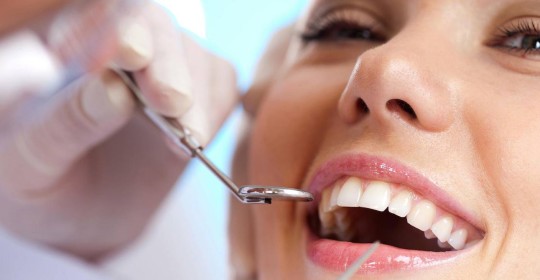What is tooth decay?


What is tooth decay?
Tooth decay, also called cavities, is an area of the tooth where the hardened outer surface has been permanently damaged, creating small holes.
At Dental Care Professionals we see tooth decay far to often when it can be avoided with easy good dental habits. Here is some basic information about cavities and how they can be treated and, best of all, prevented:
What causes cavities?
There are lots of potential contributing causes of tooth decay, including the failure to properly clean your teeth, eating or drinking an excess of sugary foods and beverages, or the level of bacteria in your mouth.
Who is at risk for cavities?
All age groups are at risk of developing cavities including adults, teenagers, younger children and even infants. Anyone who has teeth has the potential to develop cavities.
Unlike other parts of the body, that are at greater risk depending on your age, your teeth are vulnerable to damage right from the moment they erupt (push through your gums) as an infant.
What happens if cavities are left untreated?
If a cavity has formed on one of your teeth and it is allowed to go untreated then it will progressively get worse and harm the deeper layers of the tooth. Eventually this will lead to infection and also pain in the form of a toothache.
If you continue to ignore it after the pain of a toothache starts, you may end up with an infection in the gums, surrounding teeth and jaw. Depending on when you finally get treatment will depend on the amount of difficult and expensive to perform treatments you will need to have done.
What is the best way to prevent cavities?
Daily brushing and flossing of your teeth, regular visits to your dentist for check-ups and teeth cleaning as well as being mindful of your oral hygiene when eating high risk food and drinks (for example high sugar foods), are all important to prevent cavities and tooth decay.
What are some symptoms of cavities?
In the very early stages of cavity formation you may not notice any symptoms at all. That is one reason why regular visits to your dentist are very important.
When a cavity has progressed some of the symptoms that may reveal its presence include sensitivity in the area of the tooth and/or an aching pain at the tooth location. At first you may just notice this pain or sensitivity when you drink or eat something that is quite cold or hot, or when you bite down.
It is common for people to swap to a toothpaste for sensitive teeth because they don’t realise that the sensitivity is due to tooth decay. Only a dentist examining your teeth will be able to correctly diagnose why your teeth are sensitive.
If you feel any tooth pain or discomfort, even if very mild, it is important to see your dentist so that you can avoid the progression of tooth decay and protect your teeth from further harm.
By treating your cavities before they become more significant problems you have a much better chance of avoiding the need for more extensive treatment.
Of course if you have already noticed a physical symptom of a cavity then some damage has already been done, so the best way to avoid this is regular dental check-ups and good dental hygiene including brushing and flossing.

